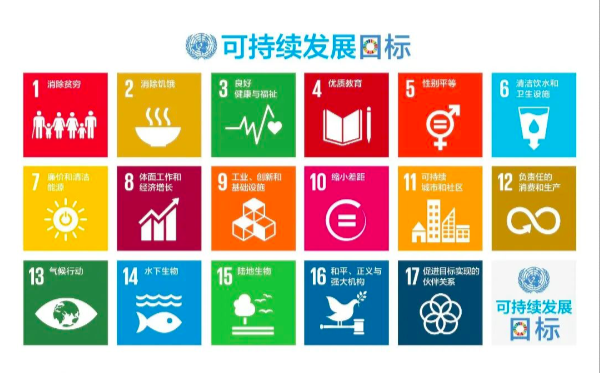We are on the verge of a new geopolitical dynamics where the most powerful and richest nations in the world have set out on a path to protect the environment, arrest climate change, preserve biodiversity and advance the 17 Sustainable Development Goals. Multilateralism, maybe in new forms, is again moving to the forefront of international diplomacy and cooperation seeking to build a true "open world economy", as Chinese President Xi Jinping just suggested at the Davos Forum.

Dr. Hans d'Orville
Chairman of Advisory Committee of ICCSD, Former Assistant Director-General for Strategic Planning of UNESCO
On Earth Day, 22 April 2021, the new US President Joe Biden will convene a virtual summit of world leaders to initiate action in order to stop climate change and move towards eco-civilization. At the end of May, Kunming, China, will host the Conference of the Parties to the Biological Diversity Convention (COP-15) and in early November, the Conference of the Parties to the UN Framework Convention on Climate Change (COP-26) will be held in Glasgow, UK. Many expectations accompany these events.
Creativity will be key in helping to reach the various goals. In its just unveiled proposals for the 14th Five-Year Plan, China has highlighted the crucial role of science and technology as a "core priority". Science and technology independence, encapsulated in Vision 2035, is China's new strategic pillar for medium-term national development, 2021-2035.

US President Biden has just re-joined the Paris Agreement and vowed to make science a central theme of his Administration. He is enlisting scientists to solve problems at home and across the globe, giving them unprecedented influence in all policy developments. The US scientific efforts will focus on five main issues: the pandemic, the economy and economic equality, the climate crisis, technological and industrial leadership, and restoring "trust in science".
For his part, French President Emmanuel Macron convened virtually on 11 January 2021 the fourth edition of the One Planet Summit, devoted to biodiversity. It culminated in the adoption of a science-led global strategy with four major objectives and 18 action commitments.
We are thus on the verge of a true global re-linkage for climate and environment. Expectations are high. Many actions will rely on the transformative power of technology, with creativity as the ultimate energy and driver. Hopefully, ICCSD will be able to contribute with other players to a better world through creativity.
Science will be crucial for in building a global eco-civilization. Science, technology and innovation (STI) can bring about the social and economic transformations required to meet the diverse challenges for sustainable development and, in particular, poverty eradication in all countries. We need new approaches and tools to identify and tackle global challenges, again relying on creativity and innovation.

In this quest, basic science and applied science complement each other, being two sides of the same coin. Science is universal and a global public good. It brings about progress towards a more sustainable world, crossing national, cultural and mental borders while drawing on a whole range of disciplines from natural sciences to social sciences and the humanities. STI can be a « game changer », benefitting also from reinforced science education and capacity-building.
The SDGs must be pursued through an integrated scientific approach. The potential of science to federate different knowledge systems, disciplines and findings and to contribute to an integrated understanding and knowledge base must be leveraged. ICCSD through its Creativity 2030 project can make a valuable contribution in that regard. Drawing lessons from the Covid-19 tragedy, we must build a new global research architecture so as to strengthen and organize interdisciplinary scientific collaboration in a transparent and accountable manner.

During the Covid pandemic we have seen the pivotal role played by cities and city leaders worldwide. They demonstrated the effectiveness of new types of international cooperation and indeed multilateralism. This spirit must now be extended from health emergencies to other areas, like water, energy, housing and transportation. Science cooperation must be intensified also among academies and universities and by forging new corporate alliances transcending national frontiers.
We have less than ten years remaining to attain the 17 SDGs. Creativity, cooperation, cities, culture, science, technology, digitalisation and innovation will be catchwords for our common future. In the New Year of the Ox, ICCSD should be in the forefront of such endeavours ! As Chairman of ICCSD's Advisory Committee, I extend my best wishes to all our partners and contributors and invite them to be a constructive part of this undertaking critical for our planet and the wellbeing of upcoming generations.